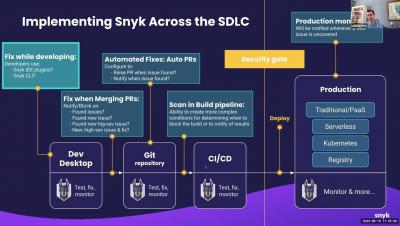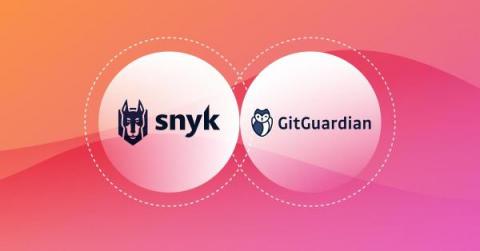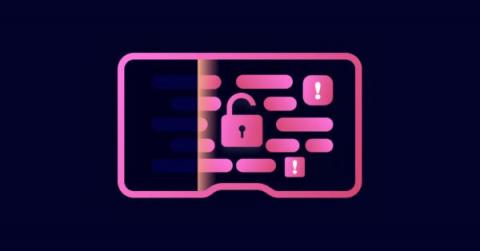The Price of Convenience: How Security Vulnerabilities in Global Transportation Payment Systems Can Cost You
Public transportation payment systems have undergone significant changes over the years. Mobile payment solutions have become increasingly popular, allowing passengers to pay for their fare using smartphones or other mobile devices. This trend is likely to continue in the years to come. But how secure are mobile payment solutions for public transportation?











